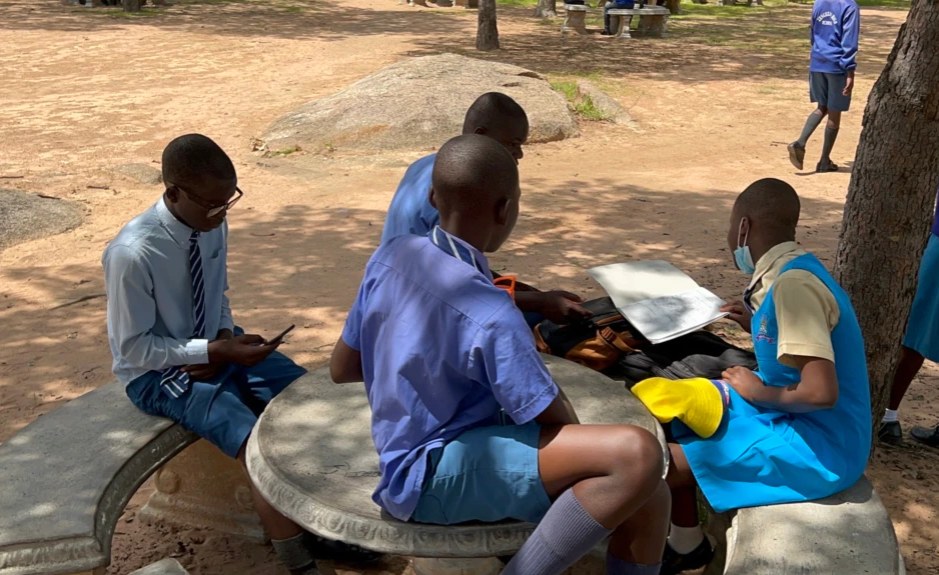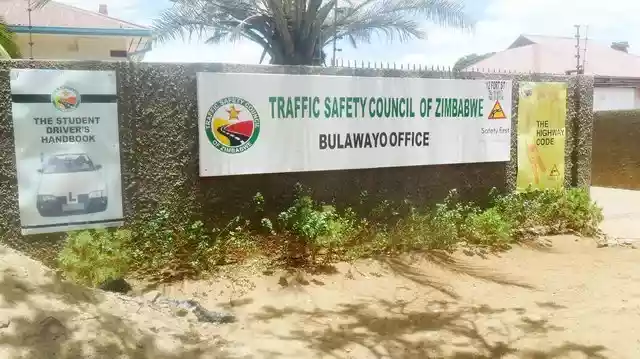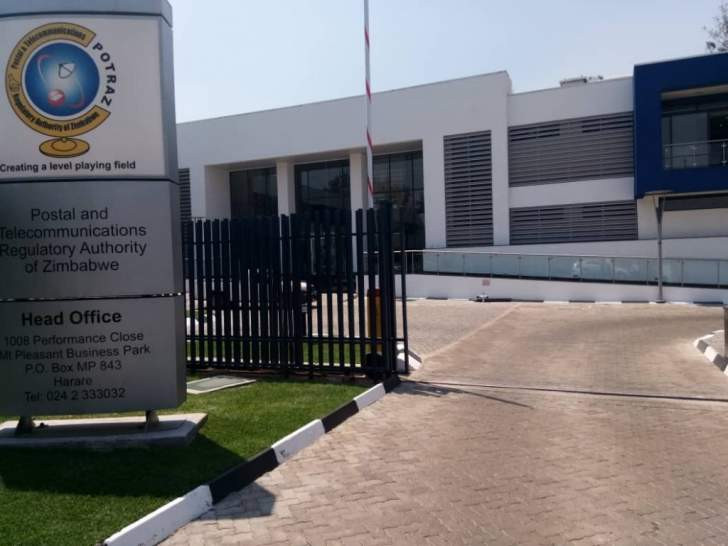
BY LORRAINE MUROMO WOMEN and child rights activist groups yesterday raised concern over the continued salary impasse between government and teachers saying the situation was now affecting the rights of learners the most.
In a media briefing in Harare yesterday, the Women’s Coalition of Zimbabwe (WCoZ) and Tag a Life International (TaLi), that are championing the Every Child in School (ECIS) programme, said the education sector was under siege, a situation which was threatening the welfare of children as teachers continued to demand better pay.

Teachers declared incapacitation when schools opened on February 7, demanding to be paid the pre-October 2018 salary.
TaLi executive director Nyaradzo Mashayamombe said inasmuch as they were in solidarity with teachers, children were the most affected in the on-going salary impasse.
“We cannot run away from the fact that education is a vital component of development for our children. It is important to ensure that every child has access to education given the time wasted during COVID-19 lockdown periods,” she said.
“It is, therefore, imperative that children are adequately assessed to identify what key content and skills have been lost and need rebuilding, as well as to detect warning signs of dropping out which is critical for our girl child.” Mashayamombe said prolonged school closures had negative effects on children’s learning, physical, social and their mental wellbeing.

“Prolonged school closures have also exacerbated existing vulnerabilities and inequalities among children, especially girls, children with disabilities, those in rural areas, orphans and vulnerable children, and those from poor households and fragile families,” she said.
“Before COVID-19, Zimbabwe had more than 27% of children who were out of school due to many reasons such as failure to pay fees on time. Since schools reopened on February 7, 2022, WCoZ and ECIS have noted numerous reports from different provinces and platforms on learners either being turned back from school due to demands of school fees and levies, as well as teacher absence.”
- Chamisa under fire over US$120K donation
- Mavhunga puts DeMbare into Chibuku quarterfinals
- Pension funds bet on Cabora Bassa oilfields
- Councils defy govt fire tender directive
Keep Reading
Mashayamombe further called on government to restore the education sector to its former glory.
“It is important for the Ministry of Primary and Secondary Education and the government of Zimbabwe to put greater emphasis on funding the education sector by ensuring schools have resources that enable them to accept children who cannot pay fees, with the realisation that the children are at a huge risk,” she said.

WCoZ chairperson Evernice Munando said: “Zimbabwe has produced and continues to produce high fliers in the academia with most renowned professionals and other academia, therefore, we want equitable education for all children. Government should create an enabling environment for access to education for all, investing in schools infrastructural development and alternative learning methods for vulnerable children and the marginalised.”
- Follow Lorraine on Twitter @RMuromo










